Handbook of Acupressure (50 Case Studies)
Of late, it is being observed that people around the globe are becoming more health conscious. Whereas, on one hand, scientists are busy carrying out researches, finding the cause(S) in the sudden spurt of diseases in its dreaded form and finding drugs to combat such ailments which assume epidemic shape and a host of innovative methods being deviced in the field of Surgery, a marked shift is seen amongst the masses towards the holistic approach. More and more people trying to get focused towards fitness, adopting Yoga & Naturopathy as a way of life. Paying more attention than before on their diet regime. Trying to take recourse to available non-conventional systems of medicine. One of the causative factors, perhaps, is the exorbitant cost of medicine, growing awareness about the side effects of allopathic drugs etc...! The redeeming feature is that people have started realising the importance of Prevention rather than a Cure. Over a period of time, acupressure has emerged as a prominent therapy since it is free from any side effect, since no medication whatsoever is required. It is totally non-conventional, non-invasive & non-interventional, a home remedy, easy to learn and practice. The simple reason being that it is evolved on the principle that human body in itself possesses immense healing power, all that is required is to tap that healing force of the body and the rest is taken care by the body itself. This therapy has been found to be very very effective in handling conditions e.g. Cervical/Lumber spondylitis, knee pain, Sciatica, Slip-disc, depression, insomnia, migraine, asthma, hypertension, PMS, IBS, various female/male problems etc to name a few.
After the publication of our book '101 Q&A acupressure & reflexology', our students have been demanding a book sharing our experience of about 30 years in this 'Art & Science'. This book is to meet the demand of upcoming and practicing therapists of acupressure as also for the people to get benefit of our experience. All possible efforts have been made to depict the location of the pressure points to be attended to through figures, suggestion for correction of the errors, if any, that might have crept in would be gratefully accepted.
Get it now and save 10%
BECOME A MEMBER

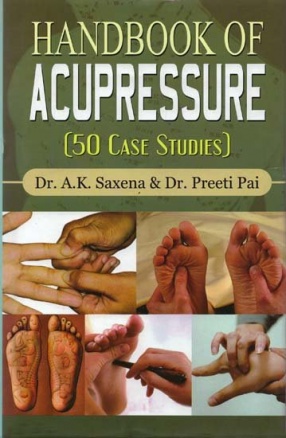
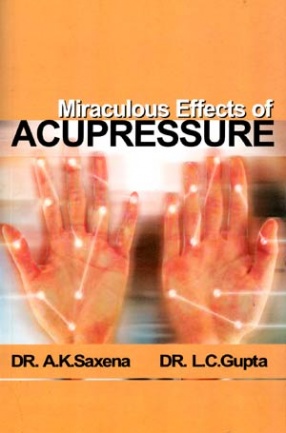
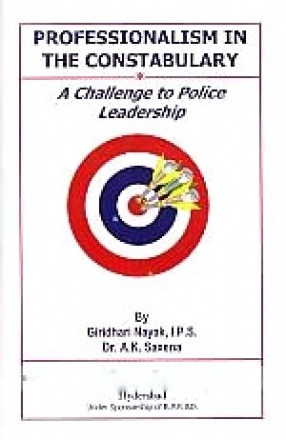
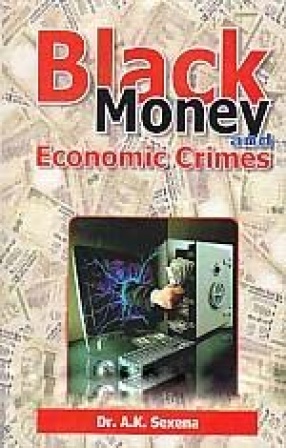

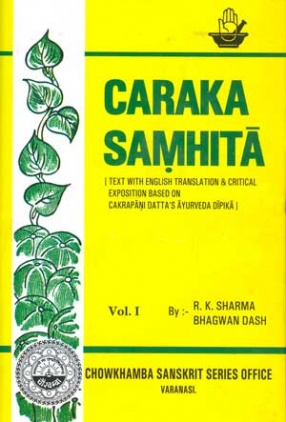
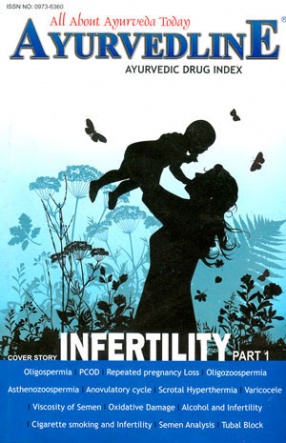
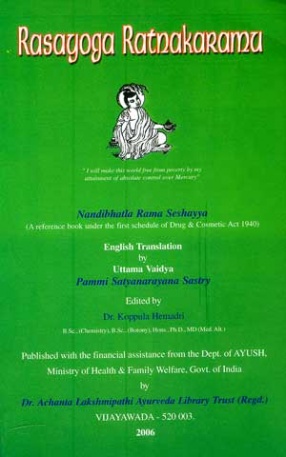
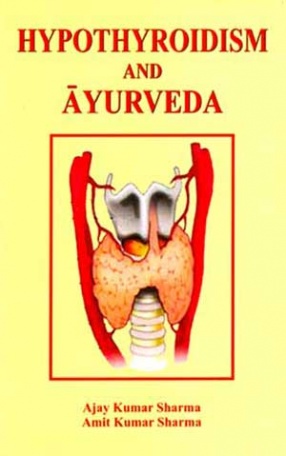

Bibliographic information
Dr. Preeti Pai